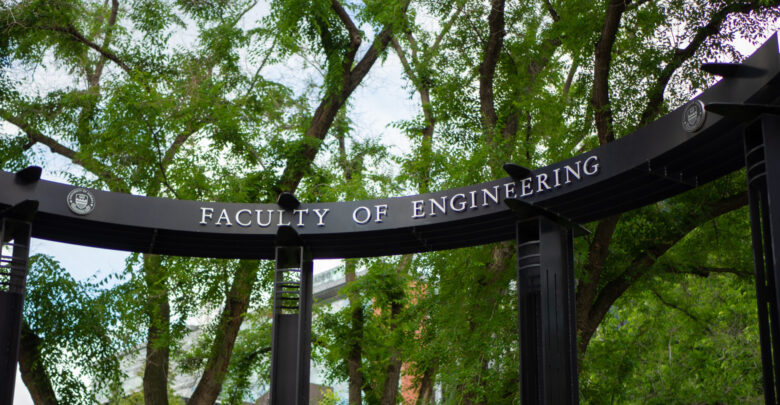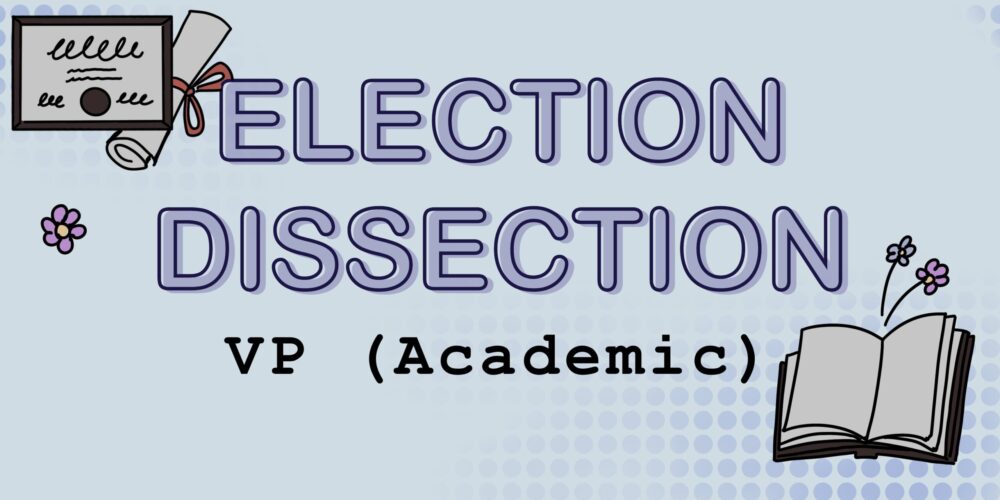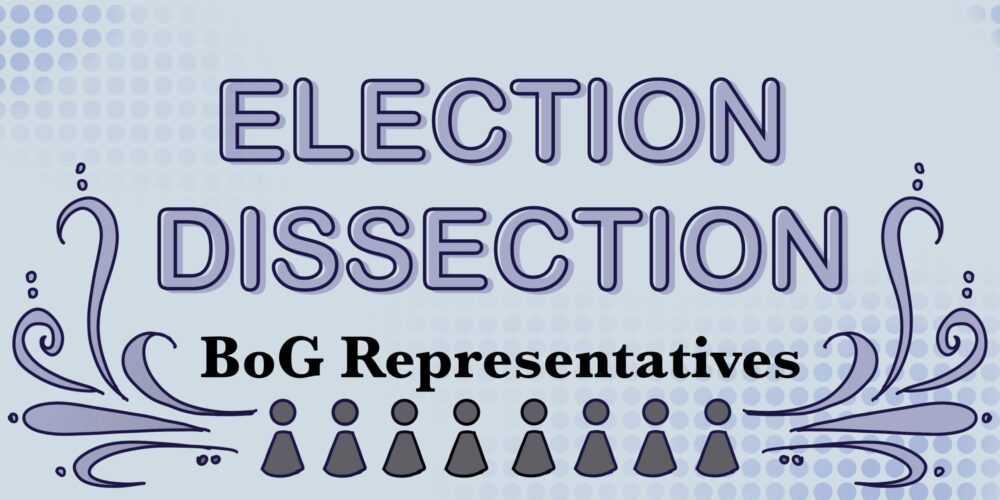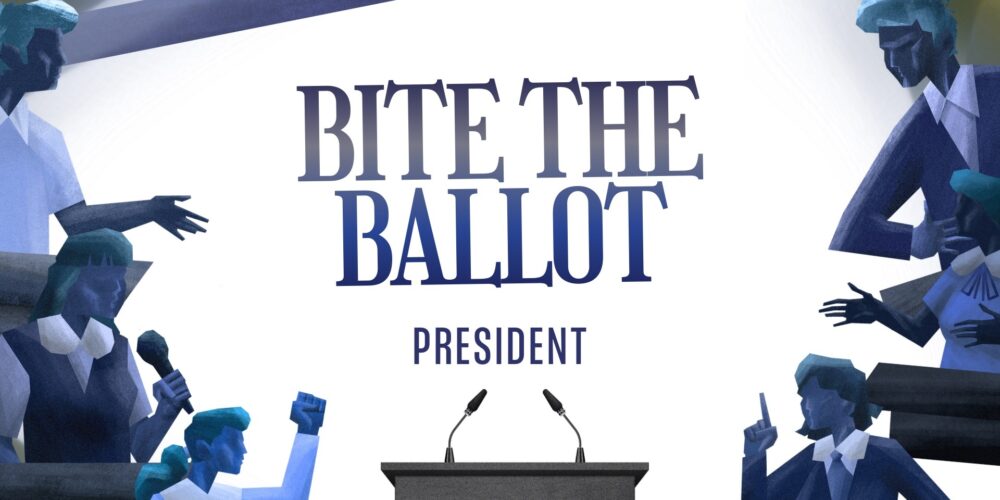 Helen Zhang
Helen ZhangWhat is an election without a little drama? And no, I’m not talking about the federal election — I’m referring to the 2025 Students’ Council and General Faculties Council (GFC) election.
Aamir Mohamed ran to be an engineering councillor on both Students’ Council and GFC. He was elected to GFC, but not Students’ Council. And he sees the Engineering Students’ Society (ESS) and Michael Chang as bearing responsibility for him not winning a seat on Students’ Council.
Mohamed ran to be a councillor just after he resigned from his position as president of ESS. His resignation didn’t come out of nowhere, as there was an effort to impeach him over alleged physical misconduct.
To be clear, we don’t know what exactly the allegations are and an investigation by the Office of the Dean of Students (DoS) is ongoing. Additionally, Mohamed emphasized that “that this resignation is not an admission of guilt regarding the concerns discussed.” However, transparency about the fact that there are allegations and an ongoing investigation is important. Particularly when it’s surrounding a person running to represent students.
He specifically took issue with both The Gateway’s reporting on his resignation and the statement released by ESS. Both are measures of accountability and transparency. To take issue with that is baffling, especially considering he is taking on a position where his job is to put students first. Before yourself and your own interests.
In fact, Mohamed cited doing what is best for students as the reason for his resignation. Yet, he went on to run to be a councillor for students. Colour me confused.
While Mohamed could have taken the win with GFC and moved on, he filed a complaint to the Chief Returning Officer (CRO). In his complaint, he alleged that ESS and the new president Chang intentionally influenced students against his campaign. Chang was ESS’ co-vice-president (social), as well as the 2024–25 UASU engineering councillor. He has been elected to both GFC and Students’ Council for another year.
The CRO dismissed Mohamed’s complaint, which Mohamed appealed to the Discipline, Interpretation, and Enforcement (DIE) Board. The DIE Board also dismissed this after a hearing on March 26. But central to both the initial complaint and appeal was Mohamed’s frustration over how students reacted to news of his resignation and his belief that this influenced the results of the election. He framed ESS’ statement and The Gateway’s reporting as a deliberate attempt by ESS and Chang to sway voters.
But transparency isn’t sabotage. Whether the allegations are true or not, students had every right to know what was going on with a person running for office. And obviously, seeing that Mohamed still won a seat on GFC, knowing about the allegations didn’t entirely turn students against him.
From where I’m standing, it seems like Mohamed is only making matters worse. At best, complaining about the statement and the potential impact on voters makes him look like a poor sport. At worst, it seems like he’s fighting against basic transparency.
It’s important that ESS respects the privacy of those involved in the allegations. But neither the ESS nor Chang have done anything to violate that. Rather, ESS released public information, like the board minutes, in a timely manner. If Mohamed is really the right person to represent engineering students, he needs to put their interests before his own. Understanding the value and importance of transparency would be a good start.
CORRECTION: This article was updated at 1:00 p.m. on April 16 to correct a previous statement that said Michael Chang was the ESS’ interim-president. The Gateway deeply regrets this error.




